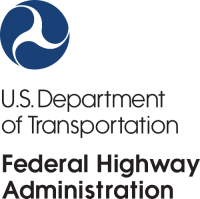The Federal Highway Administration and state motor carrier safety enforcement agencies have begun enforcing the English Language Proficiency requirements as an out of service order. On July 30, U.S. Transportation Secretary Sean Duffy posted on X that 1,500 drivers had been placed out of service since the rule change went into effect on June 25.
Last week, officials from the Federal Motor Carrier Safety Administration and the Commercial Vehicle Safety Alliance gave a webinar on their enforcement activities on the ELP requirements. The emphasized that drivers do not have to be fluent in English, but they do have to be able to converse with an official to describe their load, shipping documents, origin and destination, driver's license information and hours of service status, and be able to understand common road signs.
CVSA noted that they are focusing on uniform enforcement of the requirements across the country—there are reports, for instance, that in California, drivers are receiving warnings instead of being placed out of service if they are deficient in English.
If a driver is placed out of service, the driver (and company) must correct the violation before the driver is qualified to operate a commercial motor vehicle again. The carrier must ensure that the driver meets the ELP requirements and document how the driver has achieved proficiency. FMCSA has provided guidance to carriers on how to assess a driver's English Language Proficiency.
Although it is not required by the regulations, a company should place the documentation of English Language Proficiency in the driver's qualification file when the driver is requalified to operate a CMV. But the company does not need to send the documentation to the state driver licensing agency or any other agency.
For a second violation of the ELP requirements by a driver, FMCSA noted that it can take action against a driver's CDL for operating in violation of an out of service order.

 Admin - 04:00 pm -
August 12th, 2025
Admin - 04:00 pm -
August 12th, 2025 







